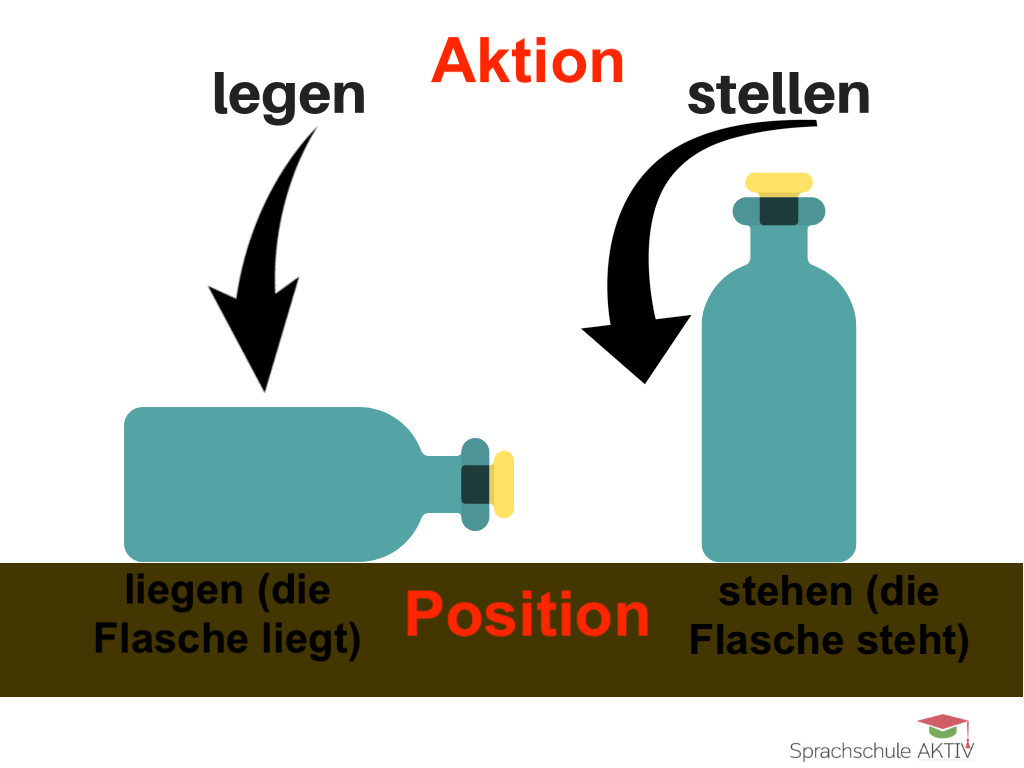Seit and vor are two important temporal prepositions that many students have asked me about. In this post, I’m going to explain the difference between them and give you some examples.
1. seit
This preposition (always with dative case!) expresses that something started in the past and has not finished until the moment of speaking:
Example: Ich lerne seit 5 Jahren Türkisch. (Translation: I have been learning Turkish for 5 years. = Meaning: I started learning Turkish 5 years ago and I continue learning it until today.)
As you can see, in German we use it with Present Tense (while in English they use Present Perfect Continuous. We use Perfect Tense only for things that have already finished, that belong to the past).
Seit can refer to
- the time (duration) for which you have been doing something until the moment of speaking. In this case, you translate it by “for”: seit 5 Jahren (for 5 years);
- the moment (year, day, hour) when you started doing something (and continue doing it until the moment of speaking). In this case, you translate it by “since”: seit 2014 (since 2014).
More examples:
- Ich warte schon seit einer Stunde auf dich! (I’ve been waiting for you for an hour [and I am still waiting]!)
- Seit gestern rauche ich nicht mehr. (Since yesterday I don’t smoke anymore. = I stopped smoking yesterday.)
- Die Bäckerei ist seit 8:00 Uhr geöffnet. (It is open since 8 am. = It opened at 8 am and is still open.)
On the other hand, if you want to express that you have been doing something for some time in the past (and you stopped doing it), we use no preposition in German:
- Ich hatte 4 Jahre Französisch an der Schule. (I did/learned french at school for 4 years.)
- Juan war 2 Wochen in der Slowakei. (He was in Slovakia for 2 weeks.)
- Helga hat eine Stunde auf ihn gewartet. (She waited/was waiting for him for an hour.)
2. vor
When this two-way preposition is used with a temporal meaning (= when), it takes always dative case. It means that something happened in the past and is no longer happening. The duration is not relevant!
It is translated as “ago”.
Examples:
- Wir waren vor 3 Jahren in Frankreich. (We were in France 3 years ago.)
- Vor 2 Jahren haben wir in Finnland gelebt. (2 years ago we lived/were living in Finnland.)
- Vor einer Stunde war mein Telefon noch da! (One hour ago my phone was still there!)
3. Exact Years (no duration)
When talking about what happened in a specific year, for example when you were born, we don’t use any preposition in German (you can add im Jahr[e] optionally):
- Wann bist du geboren? – Ich bin 1980 geboren.
- (Im Jahr[e]) 2005 hat Angela Merkel zum ersten Mal die Wahlen gewonnen. (She won the elections for the first time in 2005.)
Exercise
In this online exercise you can practise what you have learned in this post. 😉


